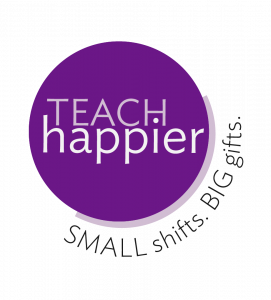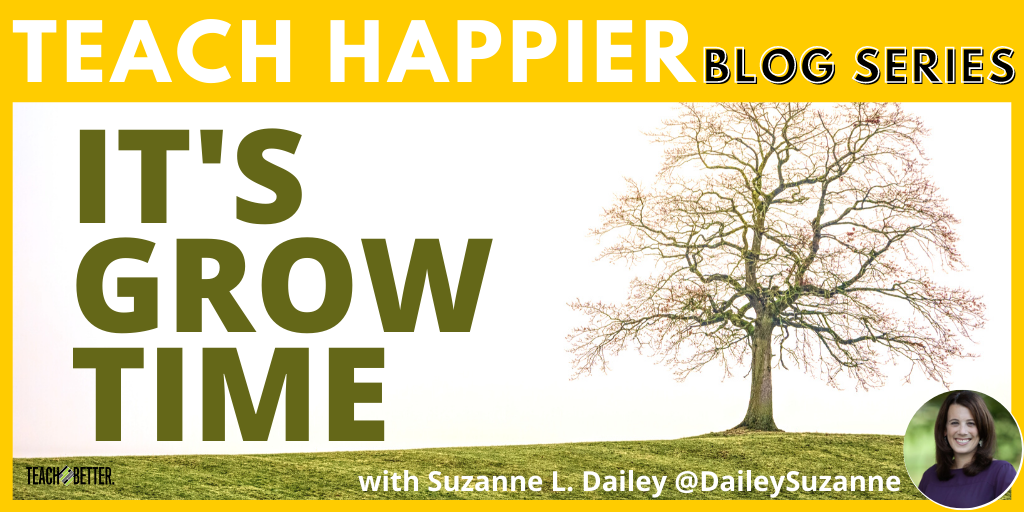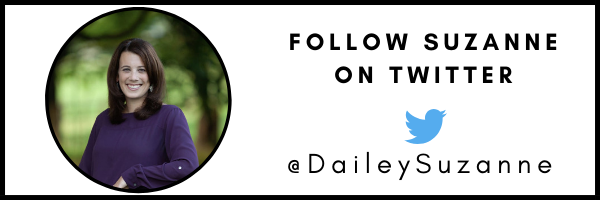TL;DR:
- Educators are dealing with adversity and challenges like never before.
- After dealing with trauma, there is an opportunity for educators to grow.
- This challenging time can lead to positive, long-term changes in education.
- Our educational journey during this time is compared to the transformation of a seed to a tree.
Finish the sentence: post-traumatic ____.
Did you say stress or stress disorder? I thought you might. Have you ever heard what positive psychologists call post-traumatic growth?
Yep. It’s a real thing and right now I can’t stop thinking about it. The formal definition of post-traumatic growth is the positive change experienced as a result of adversity and other challenges in order to rise to a higher level of functioning.
This short-term struggle is likely to inspire long-term positive impact. These could be huge things like having an honest conversation about educational equity and access, or reevaluating smaller traditions like back to school night. Click To TweetWherever you teach and whatever your mode (online, hybrid, or face-to-face), it’s likely you are experiencing adversity and challenges like never before.
It may be hard to admit, but as educators, we have been experiencing a level of trauma these past 7 months. We are grieving our school year in a variety of ways because it has changed so much. We feel sad, overwhelmed, and brokenhearted.
Recently I was listening to one of my favorite podcasts, The Next Right Thing by Emily P. Freeman. The episode was about the potential growth we can experience during a time of significant change and compared this experience to the journey of a seed. As that seed becomes a sapling and then eventually a tree, it continues growing and changing, but it never goes back to the seed.
It never goes back to the seed.
Reader, this got me. It got me real good. This is totally us right now.
Regardless of where we are in our career, we feel a bit like a brand-new-sapling teacher navigating our current world.
Some things that we relied on in the past continue to serve us well, while others simply don’t.
Let’s go back to that formal definition of post-traumatic growth and look at the last part: in order to rise to a higher level of functioning.
A higher level of functioning. Colleagues, this is an opportunity for post-traumatic growth and I am here for it.
It’s easy to hyper-focus on all that feels wrong and overwhelming—I am guilty of it some days too. But when we do that, we are focusing on what used to be, the seed. But if we begin to focus on how we are growing as teachers and what is being reevaluated in educational systems and structures, we can ultimately grow and rise to a higher level of functioning (hello, tree!).
This short-term struggle is likely to inspire long-term positive impact. These could be huge things like having an honest conversation about educational equity and access, or reevaluating smaller traditions like back to school night—who knew how amazing a virtual version could be for both teachers and parents?!
[scroll down to keep reading]
As we are forced to innovate due to traumatic constraints, there is an opportunity for things to improve and grow systemically for teaching and learning.
That’s growth. That’s finding positive change as a result of adversity and other challenges.
We’re not going back to the seed. We’re growing to a higher level of functioning.
Are you here for it?
Let’s grow.

Can you shift your focus towards the GROWTH you have experienced in the past 7 months? How have your practices, insights, or skills evolved for the better? Set a timer for 5 minutes and jot down what comes to mind. Scan for the good and celebrate the tangible growth you have made!
ABOUT SUZANNE DAILEY
Suzanne Dailey is proud member of the Teach Better Family! She is an instructional coach in the Central Bucks School District where she has the honor and joy of working with elementary teachers and students in 15 buildings. Suzanne is Nationally Board Certified, a Fellow of the National Writing Project, and has a Masters Degree in Reading. She is dedicated to nurturing and developing the whole child and teacher. Suzanne lives in Doylestown, Pennsylvania with her husband and two children.



